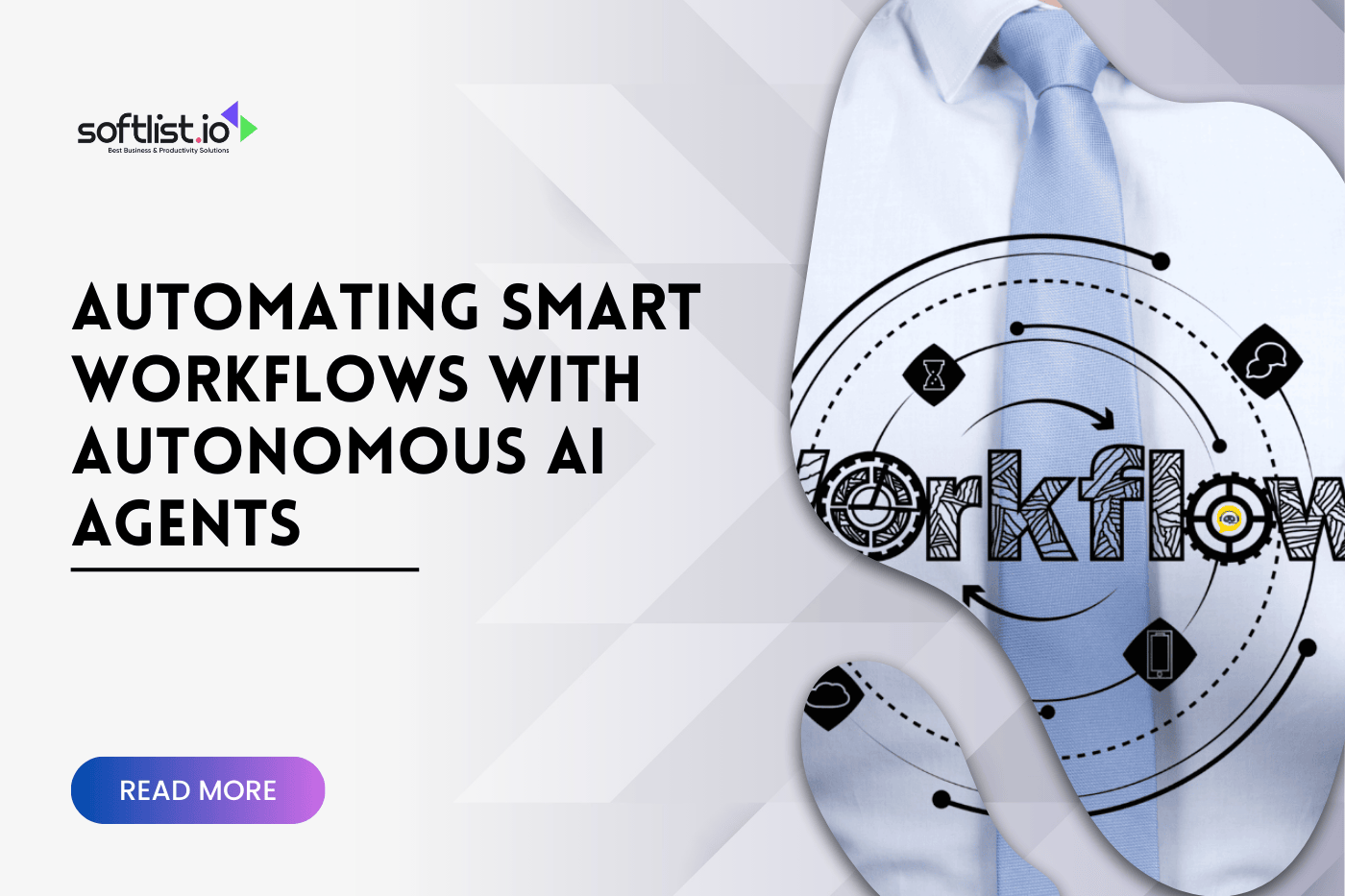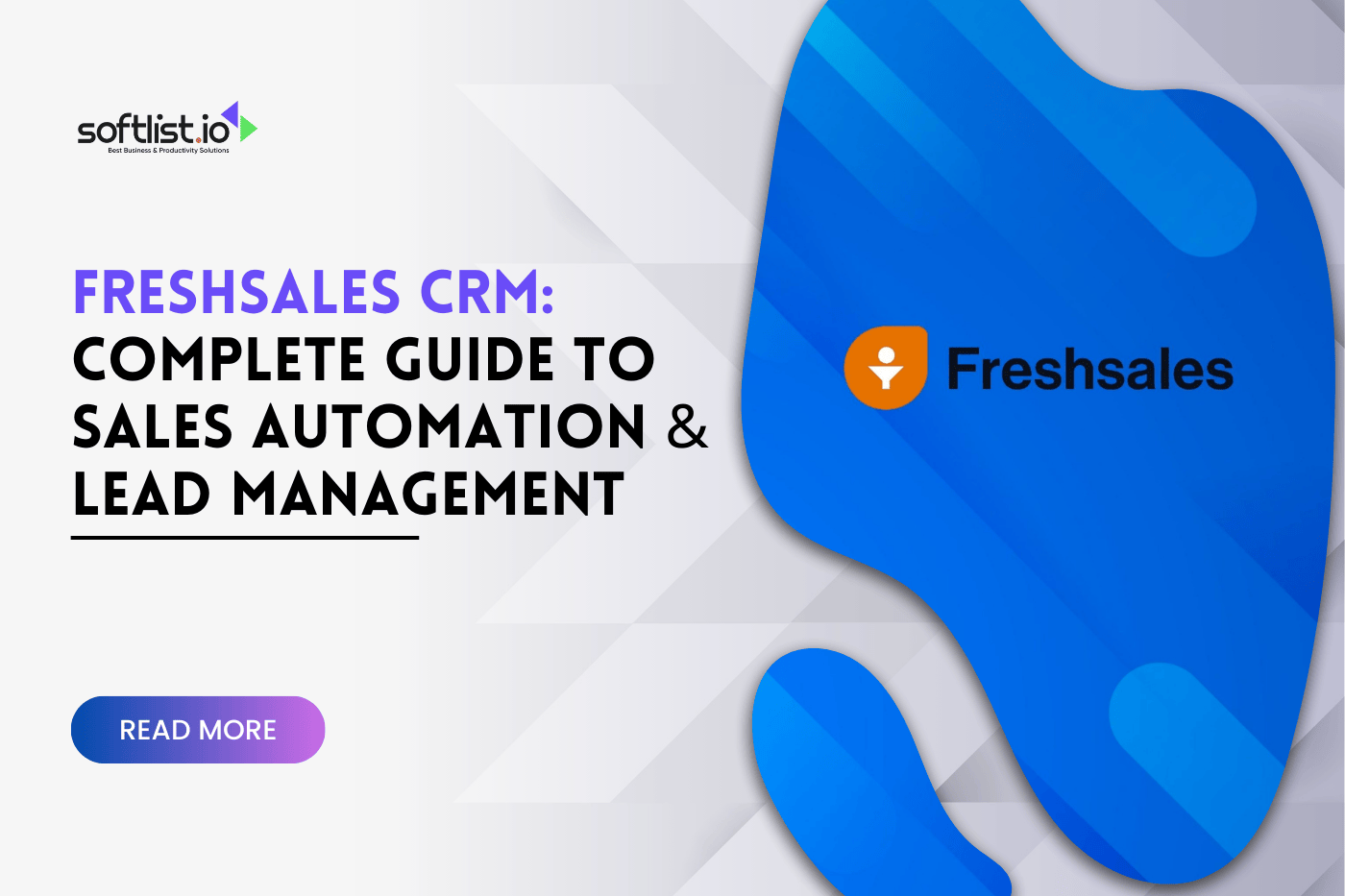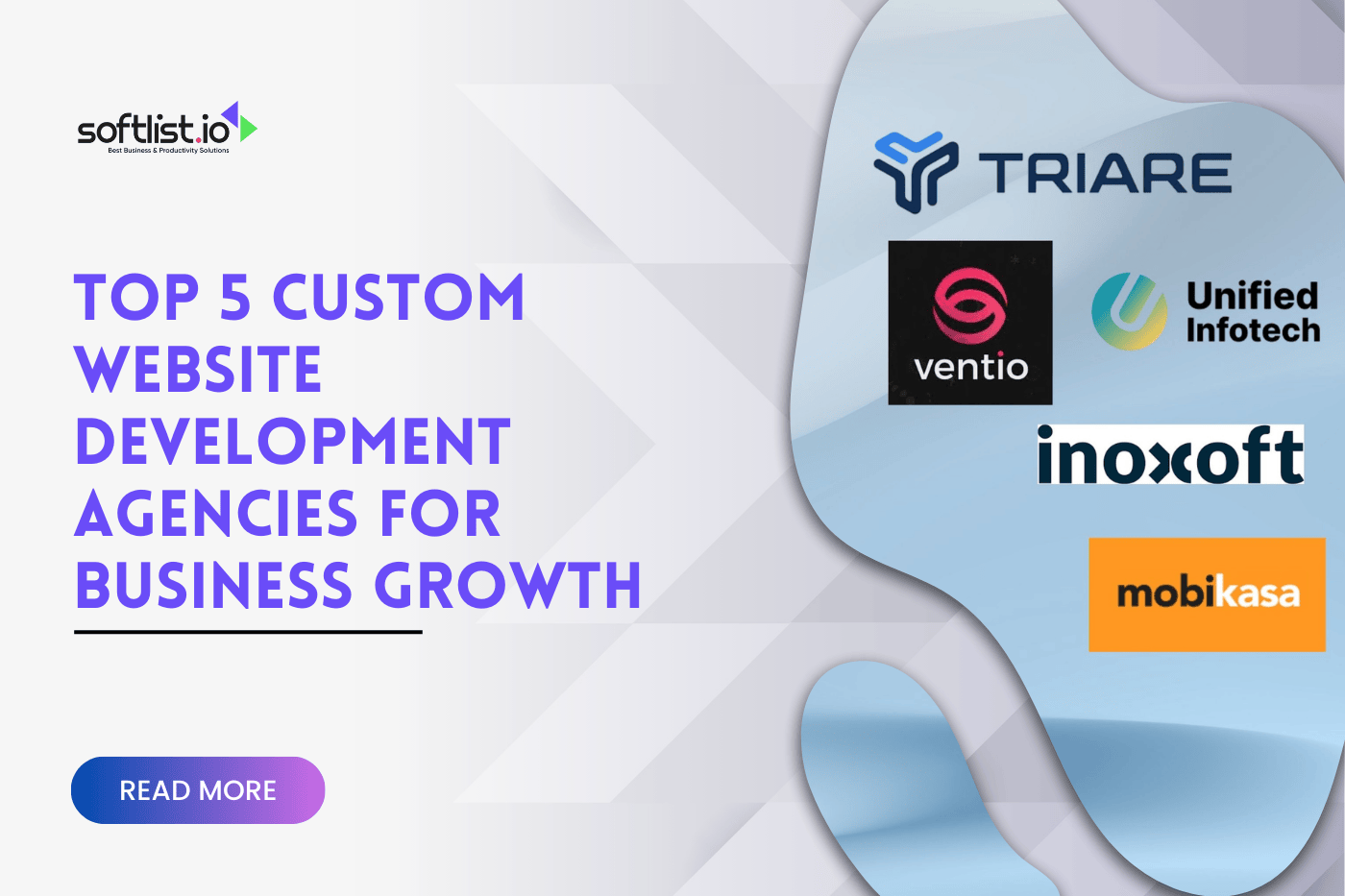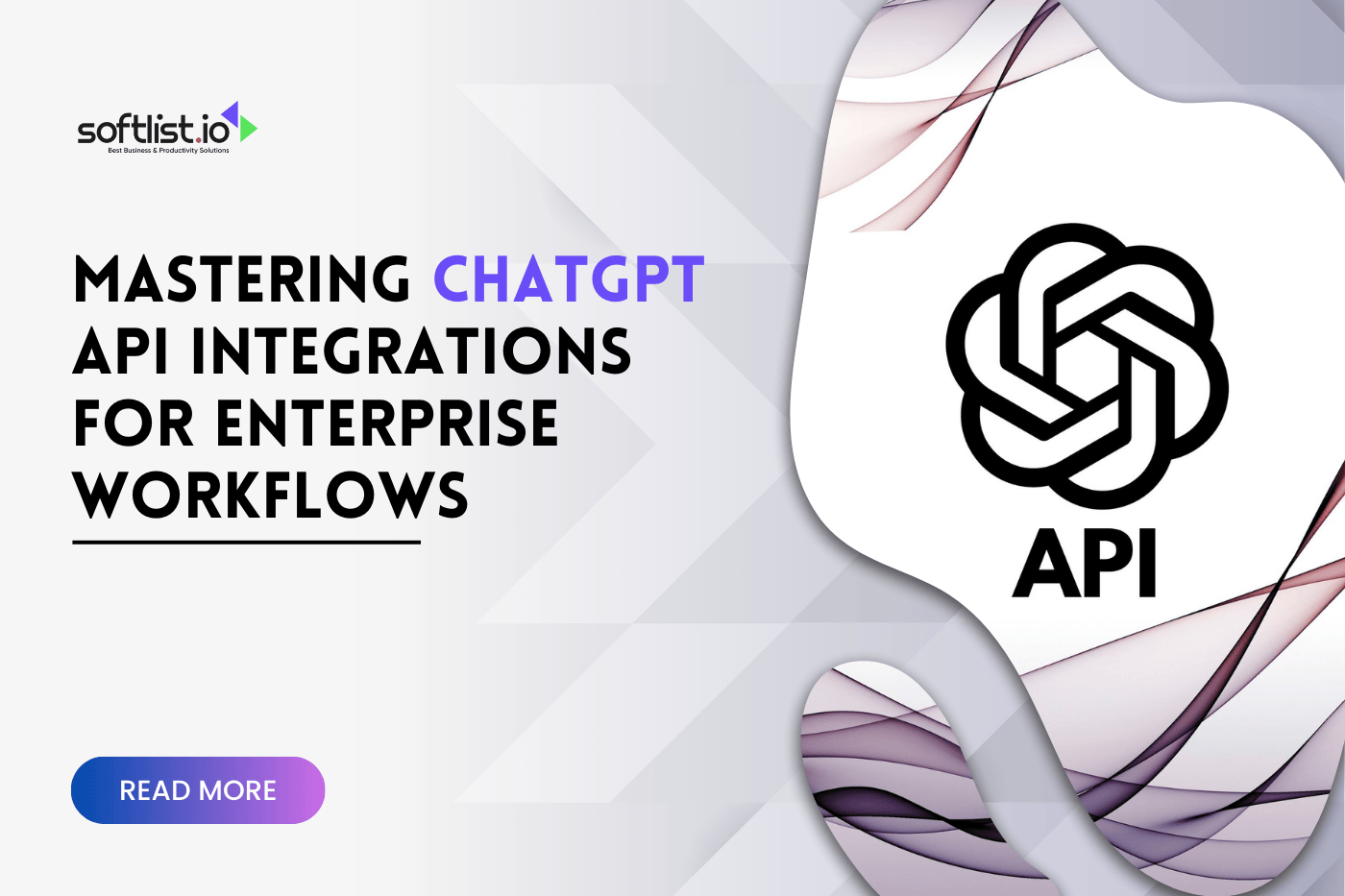Software development has transformed from manual coding marathons to AI-assisted creation processes that reshape how developers build applications. The emergence of artificial intelligence tools now automates repetitive tasks, generates code snippets, and accelerates the entire software development life cycle. This shift represents the most significant evolution in programming since the introduction of high-level languages.
Key Takeaways
- Software development encompasses designing, coding, testing, and maintaining computer programs through structured methodologies.
- AI tools now automate coding tasks, testing procedures, and deployment processes, fundamentally changing developer workflows.
- Modern developers act as AI orchestrators, using prompt engineering to guide intelligent systems in creating applications.
- The software development life cycle includes seven core stages from planning to maintenance and support.
- Career progression in development spans five levels from junior to principal engineer with distinct responsibilities.
Understanding what is software development requires examining both traditional approaches and emerging AI-powered methodologies that define modern programming practices.
Understanding Software Development Fundamentals

Source: Canva Pro
Software development represents the structured process of designing, coding, testing, deploying, and maintaining applications or systems that solve real-world problems using computers. This comprehensive approach involves multiple disciplines including programming, project management, quality assurance, and user experience design. The process transforms business requirements and user needs into functional digital solutions.
The field encompasses various software development uses across industries, from mobile applications and web platforms to enterprise systems and embedded software. Software development coding requires proficiency in multiple programming languages and frameworks depending on project requirements.
Core Components of Software Development
Every software development project involves several fundamental elements that ensure successful delivery. These components work together to create reliable, maintainable, and scalable applications. The integration of these elements determines project success and long-term viability.
- Requirements Analysis: Gathering and documenting what the software needs to accomplish
- System Design: Creating architectural blueprints and user interface mockups
- Implementation: Writing actual code using appropriate software development languages
- Testing: Verifying functionality, performance, and security standards
- Deployment: Releasing the software to production environments
- Maintenance: Ongoing updates, bug fixes, and feature enhancements
Software Development Languages and Technologies
Modern software development languages span multiple categories, each serving specific purposes and project requirements. Popular choices include Python for data science and automation, JavaScript for web development, Java for enterprise applications, and C++ for system programming. The selection depends on project scope, performance needs, and team expertise.
Developers often work with integrated development environments, version control systems, and collaboration tools that streamline the coding process and facilitate team coordination.
The Software Development Life Cycle Explained
The software development life cycle provides a systematic framework for building applications from conception to retirement. This methodology ensures consistent quality, reduces development risks, and improves project predictability across different team sizes and complexity levels. Understanding these phases helps developers and stakeholders align expectations and deliverables.
Each phase builds upon previous work while preparing foundations for subsequent stages. The cyclical nature allows for iterative improvements and adaptations based on user feedback and changing requirements.
Seven Essential SDLC Stages
- Planning and Analysis: Define project scope, timeline, and resource requirements
- Requirements Gathering: Document functional and non-functional specifications
- System Design: Create technical architecture and user interface designs
- Implementation: Write, compile, and integrate source code components
- Testing: Execute unit, integration, and user acceptance testing
- Deployment: Release software to production and configure environments
- Maintenance: Provide ongoing support, updates, and enhancements
Popular Development Methodologies
Different software development companies adopt various methodologies based on project requirements, team structure, and client preferences. Agile methodology dominates modern development practices due to its flexibility and iterative approach. Waterfall remains relevant for projects with fixed requirements and regulatory constraints.
- Agile: Iterative development with frequent releases and customer feedback
- Waterfall: Sequential phases with comprehensive documentation
- DevOps: Continuous integration and deployment practices
- Spiral: Risk-driven approach with prototyping cycles
AI Revolution in Modern Software Development

Source: Canva Pro
Artificial intelligence has fundamentally altered how developers approach coding, testing, and deployment processes across the software development life cycle. AI-powered tools now generate code snippets, identify bugs, optimize performance, and automate routine tasks that previously consumed significant developer time. This transformation enables teams to focus on higher-level problem-solving and creative solutions.
The integration of AI assistants like GitHub Copilot, ChatGPT, and specialized development tools has created new workflows where developers collaborate with intelligent systems. These partnerships accelerate development timelines while maintaining code quality and reducing human error rates.
| Traditional Development | AI-Assisted Development | Key Benefits |
|---|---|---|
| Manual code writing | AI-generated code suggestions | Faster implementation |
| Manual testing procedures | Automated test generation | Better coverage |
| Manual documentation | AI-generated documentation | Consistent quality |
| Manual code review | AI-powered analysis | Error detection |
| Manual deployment | Intelligent automation | Reduced failures |
Prompt Engineering as a New Skill
Developers now function as AI orchestrators, crafting precise prompts that guide artificial intelligence systems in generating desired outputs. This skill requires understanding both technical requirements and AI model capabilities to achieve optimal results. Effective prompt engineering combines domain expertise with clear communication strategies.
The ability to iterate on prompts, refine instructions, and validate AI-generated code becomes essential for maximizing productivity gains while maintaining quality standards.
Software Development Examples and Applications
Real-world software development examples span diverse industries and use cases, demonstrating the versatility and impact of modern programming practices. E-commerce platforms like Shopify combine web development, payment processing, and inventory management into comprehensive business solutions. Mobile applications such as Instagram integrate social networking, image processing, and real-time communication features.
Enterprise software development examples include customer relationship management systems, human resources platforms, and financial management tools that streamline business operations. These applications require robust architecture, security measures, and scalability considerations to support organizational growth.
Industry-Specific Applications
- Healthcare: Electronic health records, telemedicine platforms, diagnostic tools
- Finance: Banking applications, trading platforms, fraud detection systems
- Education: Learning management systems, online course platforms, assessment tools
- Entertainment: Streaming services, gaming platforms, content creation tools
- Transportation: Ride-sharing apps, logistics management, autonomous vehicle systems
Emerging Technology Integration
Modern software development examples increasingly incorporate artificial intelligence, machine learning, blockchain, and Internet of Things capabilities. These technologies create new possibilities for automation, data analysis, and user interaction patterns. Developers must understand how to integrate these components effectively while maintaining system performance and security.
The convergence of multiple technologies within single applications requires broader technical knowledge and collaborative development approaches.
Career Progression and Developer Levels
The software development career path encompasses five distinct levels, each with specific responsibilities, skill requirements, and compensation ranges. Junior developers focus on learning fundamental programming concepts and contributing to existing codebases under supervision. Mid-level developers take ownership of features and begin mentoring newer team members while expanding their technical expertise.
Senior developers lead technical decisions, architect solutions, and guide project direction while balancing business requirements with technical constraints. This progression reflects increasing responsibility for code quality, team leadership, and strategic planning.
| Level | Experience | Key Responsibilities | Skills Focus |
|---|---|---|---|
| Junior Developer | 0-2 years | Code implementation, bug fixes | Programming basics, tools |
| Mid-Level Developer | 2-5 years | Feature development, mentoring | Design patterns, testing |
| Senior Developer | 5-8 years | Architecture, technical leadership | System design, optimization |
| Lead Developer | 8-12 years | Team management, project planning | Leadership, strategy |
| Principal Engineer | 12+ years | Technical vision, company direction | Innovation, mentorship |
Essential Skills for Each Level
Career advancement requires continuous learning and skill development across technical and soft skill domains. Junior developers master programming fundamentals and development tools while building problem-solving abilities. Senior positions demand architectural thinking, team leadership, and business acumen alongside deep technical expertise.
- Technical Skills: Programming languages, frameworks, databases, cloud platforms
- Soft Skills: Communication, teamwork, problem-solving, time management
- Leadership Skills: Mentoring, project management, strategic thinking, decision-making
Learning Resources and Development Paths
Aspiring developers access numerous software development courses through online platforms, universities, and bootcamps that cater to different learning styles and career goals. Popular options include Coursera, Udemy, freeCodeCamp, and specialized programs from major technology companies. These resources cover programming fundamentals, specific technologies, and industry best practices.
Many software development pdf resources and documentation provide comprehensive references for languages, frameworks, and methodologies. GitHub repositories offer real-world code examples and open-source projects for hands-on learning experiences.
Recommended Learning Progression
- Programming Fundamentals: Choose a primary language and master basic concepts
- Development Tools: Learn version control, IDEs, and debugging techniques
- Web Technologies: Understand HTML, CSS, JavaScript, and backend frameworks
- Database Management: Study SQL and NoSQL database systems
- Software Engineering: Practice design patterns, testing, and deployment
- Specialization: Focus on mobile, web, data science, or other specific domains
Building a Portfolio
Successful developers create portfolios showcasing diverse projects that demonstrate technical skills and problem-solving abilities. These portfolios include personal projects, contributions to open-source software, and professional work samples when permitted. Effective portfolios tell stories about development challenges, solutions implemented, and lessons learned throughout the process.
Regular portfolio updates reflect skill growth and exposure to new technologies, making candidates more attractive to potential employers or clients.
Tools and Platforms for Enhanced Development

Source: Canva Pro
The software development ecosystem includes specialized platforms that enhance productivity, collaboration, and project management throughout the development lifecycle. These tools address specific challenges developers face while building, testing, and deploying applications. Understanding available options helps teams select appropriate solutions for their workflow requirements.
Modern development workflows integrate multiple tools that automate repetitive tasks, improve code quality, and facilitate team coordination across distributed environments.
itthinx
itthinx provides WordPress developers with powerful plugins for membership management, affiliate marketing, and e-commerce functionality. The platform specializes in creating subscription-based websites and managing user access controls through sophisticated permission systems.
Key Features
- Advanced membership and subscription management
- Comprehensive affiliate tracking and commission systems
- Flexible user role and permission controls
- Integration with popular payment gateways
- Detailed analytics and reporting capabilities
Appsumo
Appsumo offers lifetime deals on software development tools, design applications, and business software that help developers access premium tools at reduced costs. The platform curates deals specifically for entrepreneurs, freelancers, and small development teams looking to expand their toolkit affordably.
Key Features
- Lifetime software deals with significant discounts
- Curated selection of development and business tools
- 60-day money-back guarantee on purchases
- Community reviews and ratings for informed decisions
- Regular updates on new software releases and deals
Arc Studio
Arc Studio serves screenwriters and content creators with professional writing software designed for film, television, and digital media production. The platform streamlines the creative writing process through industry-standard formatting, collaboration features, and project management tools.
Key Features
- Industry-standard screenplay formatting and templates
- Real-time collaboration and commenting systems
- Version control and revision tracking
- Cloud-based storage and synchronization
- Export options for various production formats
Arc Studio is the easiest way to outline, write, and edit screenplays and television scripts, for solo-writers, large writing staffs, and everything in between.
Future Trends and Implications
The future of software development points toward increased AI integration, low-code platforms, and quantum computing applications that will reshape how developers approach problem-solving. Machine learning models will become more sophisticated in understanding developer intent and generating complex application logic. This evolution requires developers to adapt their skills while maintaining critical thinking about AI-generated solutions.
Ethical considerations around AI-generated code, data privacy, and algorithmic bias will become central to development practices as intelligent systems assume greater responsibility for software creation.
Conclusion
Software development continues evolving from traditional coding practices toward AI-assisted creation processes that enhance developer productivity and application quality. The integration of artificial intelligence tools, prompt engineering skills, and automated workflows represents a fundamental shift in how developers approach problem-solving and application creation. Understanding both foundational concepts and emerging technologies positions developers for success in this rapidly changing landscape where human creativity combines with machine intelligence to build the digital solutions that shape our world.
Discover the best software development tools and platforms tailored to your specific needs at Softlist.io, where expert reviews meet unbeatable deals for developers worldwide.
Frequently Asked Questions
What do you mean by software development?
Software development refers to the systematic process of designing, creating, testing, and maintaining computer programs and applications that solve specific problems or meet user needs. It involves multiple phases including planning, coding, testing, deployment, and ongoing maintenance using various programming languages and methodologies.
What does a software developer do?
A software developer writes code, designs application architecture, tests functionality, debugs issues, and collaborates with teams to create digital solutions. They analyze user requirements, choose appropriate technologies, implement features, and ensure applications meet performance and security standards while maintaining code quality throughout the development process.
What are the 7 stages of software development?
The seven stages include: 1) Planning and analysis to define project scope, 2) Requirements gathering to document specifications, 3) System design for architecture planning, 4) Implementation through coding, 5) Testing for quality assurance, 6) Deployment to production environments, and 7) Maintenance for ongoing support and updates.
What is an example of software development?
A common software development example is creating a mobile banking application that allows users to check balances, transfer money, and pay bills. This involves designing user interfaces, implementing security features, integrating with banking systems, testing transactions, and deploying the app to app stores while ensuring regulatory compliance.
What are the 5 levels of developer?
The five developer levels are: 1) Junior Developer (0-2 years) focusing on basic coding tasks, 2) Mid-Level Developer (2-5 years) handling feature development, 3) Senior Developer (5-8 years) leading technical decisions, 4) Lead Developer (8-12 years) managing teams and projects, and 5) Principal Engineer (12+ years) setting technical vision and company direction.









